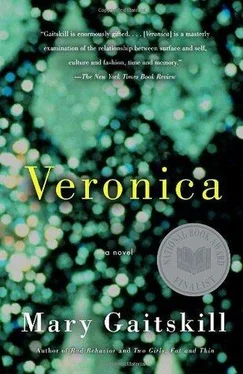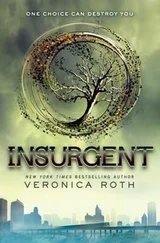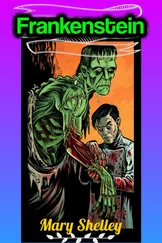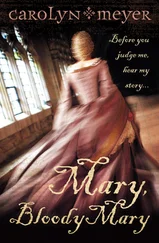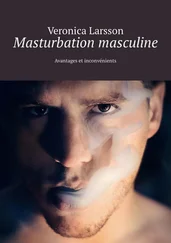Later, I asked Sara and Daphne what she’d said to them. Each of them looked embarrassed. She’d said the same thing, of course. Each blade of grass is beautiful to the one who made it.
But there is another story, too. There is the story of the girl who stepped on a loaf of bread because she cared more for her shoes than for the flesh of her family. She sank into a world of demons and suffering. Her mother’s tears didn’t help her. The tears of a stranger did. In the fairy tale, a mother tells her daughter the story of the wicked girl who stepped on a loaf, and the innocent girl bursts into tears. Far away under the bog, the wicked girl hears this and for the first time begins to feel. Years later, the innocent girl is an old woman and she is dying. As she dies, she remembers the wicked girl and she enters heaven crying for her. The wicked girl is filled with remorse and gratitude so strong, it breaks her stony prison. She becomes a bird and flies from the swamp. She is tiny and gray and she huddles in a chink in a wall, trembling and shy. She cannot make a sound because she has no voice. But still she is full of gratitude and joy.
I sank down into darkness and lived among the demons for a long, long time. I became one of them. But I was not saved by an innocent girl or an angel crying in heaven. I was saved by another demon, who looked on me with pity and so became human again. And because I pitied her in turn, I was allowed to become human, too.
I come out of the ravine into the neighborhood. The sun is bright and warm even through the wet trees. A child is coming down the walk on his way home from school. He looks maybe eight years old. We are about to meet, when he turns to walk up a long flight of stairs leading to an enormous multilevel house. The air is prickled by wind chimes.
In the story, the gray bird feeds the other birds with crumbs until she has fed them an amount equal to the loaf. Then her wings turn white and she flies up into the sun.
The child mounts the stairs, his gaze fixed on the house. Even with his big eyes and the baby softness of his face, there is maturity and intensity in his gaze, a suggestion of private responsibility taken on willingly and with determination. Not my child, but a child — the future. My eye falls on a torn piece of foil in the gutter. The sun strikes it; an excited ghost leaps up out of it and vanishes in the air. I leave the canyon and walk down a street of shining puddles. I will get something to eat at the Easy Street Café and talk to my friend who works there. I will take the bus home and talk to Rita, standing in the hall. I will call my father and tell him I finally heard him. I will be full of gratitude and joy.
I want to thank Christobel Wigley, Mimi Fisher, Jennifer Egan, Dani Shapiro, Cindy Stephans, Yaddo, Ragdale, and MacDowell, with special thanks to Zoya Loeb for her astute reading, Knight Landesman for tactical assistance, and Ginny Robinson for advice and receptivity. Most of all, I want to thank Peter.
